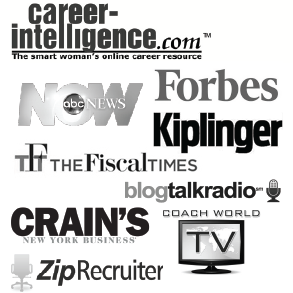It was gratifying to see Forbes magazine publish an article last month redefining the highly stigmatized liberal arts degree. Nearly three years ago, I was asked to kick off a three day Career Lab event at Brown University. In true liberal arts fashion, I was given free reign on my presentation and so I created “Leveraging your Liberal Arts Degree…for Competitive Advantage,” a talk designed to instill in the students the confidence that their liberal arts skills are absolutely marketable in a business world that continues its shift from knowledge-based to conceptual.
“Back then” — as now — employers were hiring but having a difficult time finding qualified candidates. I agree with Anders’ enthusiastic celebration of all that liberal arts candidates bring to potential employers, not only in the tech world, but beyond. As I stated in early 2013, a “liberal arts curriculum gives you more than ‘just’ a well rounded, integrated education. It develops your critical thinking skills, exactly what employers are looking for today.”
It’s true that employers are looking for more than just know-how — they need employees who think critically and can apply what they know to constantly changing situations. Today’s fast-paced marketplace demands far more than technical skills and job-specific knowledge. As with Big Data, it’s less important what you know that what you do with the knowledge.
The required (and desired) list of employee attributes I detailed for those 2013 graduates three years ago hasn’t changed…BUT THE NEED HAS GROWN. The only things that have changed since then are the demand for such attributes (it’s greater) and the increasing recognition of how liberal arts degrees prepare students for success in the 21st Century workplace.
So, what are employers still seeking in ideal candidates?
• critical and inferential thinking initiative
• self-management
• innovation
• creativity
• perspective
• contextualization
• initiative
• flexibility
• collaboration

 Dani Ticktin Koplik —
Leadership consultant, executive coach, change agent and passionate professional development expert and speaker. You can learn more about Dani and her clients by visiting dtkBio page.
Dani Ticktin Koplik —
Leadership consultant, executive coach, change agent and passionate professional development expert and speaker. You can learn more about Dani and her clients by visiting dtkBio page. 